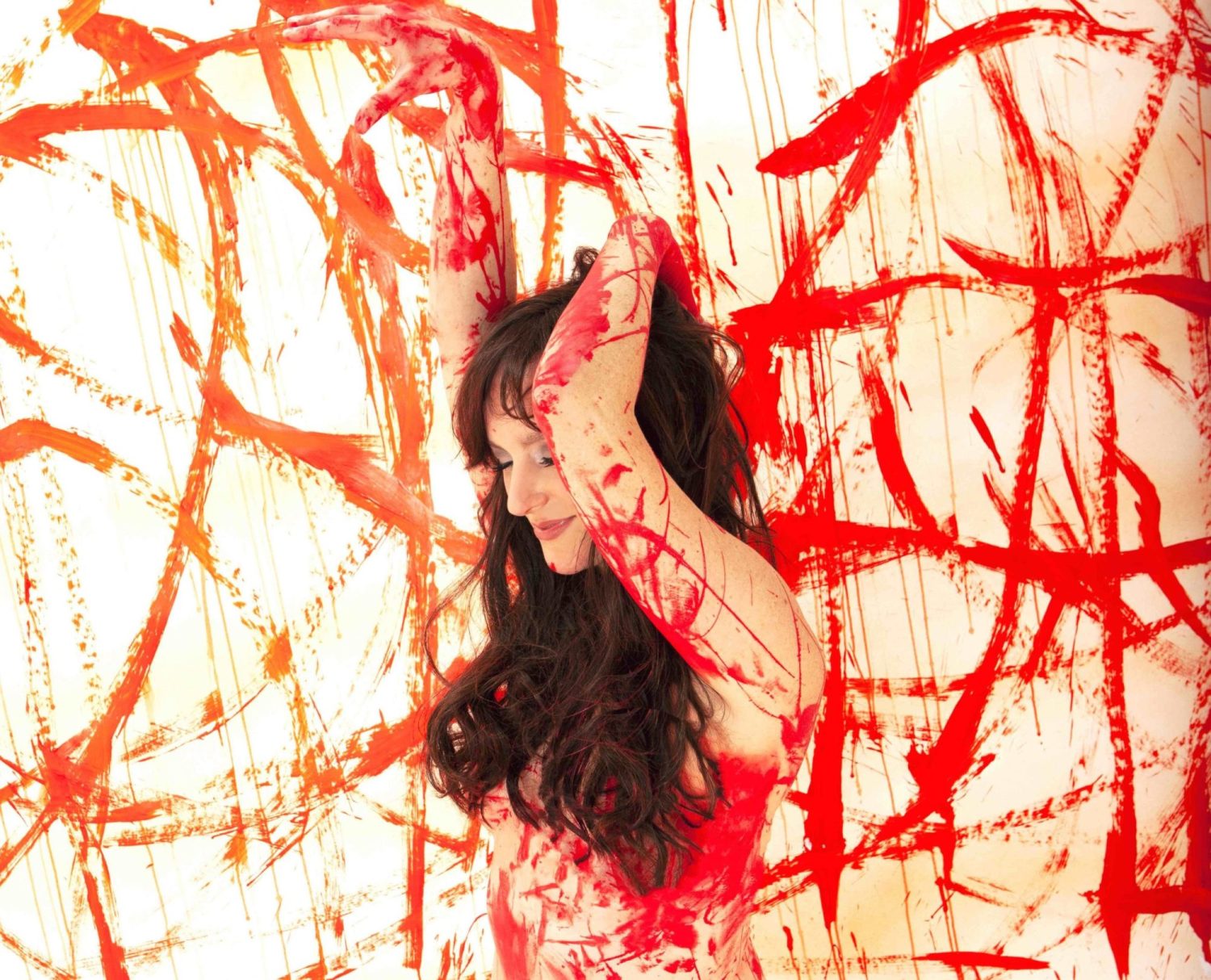Reflecting on my own behaviours and the expectations I set in daily life has cracked open a stark realisation about the ‘damsel in distress’ archetype’s role in the modern world. It’s far from the dramatic rescues of old tales, focusing instead on the subtler demands of wanting others to handle the discomforts and duties of everyday life for us.
This tendency isn’t about facing actual distress; it’s cloaked in the silent expectation that those around us should just ‘get’ our needs—whether it’s expecting a partner to handle a hotel room issue or wanting friends to magically know when we need silence. It’s a sophisticated way of dodging self-sufficiency, revealing an unease with taking the reins on the small yet impactful parts of our daily existence.
Facing the Mirror: The ‘Damsel’ Within
I’ve come to see these tendencies as indicators of deeper issues with dependency and empowerment. It’s like peering through Johari’s window into my blind spot. The frustration I feel seeing these traits in others mirrors my irritation with my own passivity. Yet, I’m learning to cut myself some slack, understanding that while our behaviours are human, recognising and shifting them is a profound chance for growth. It nudges me to confront how I’ve unwittingly clung to a modern twist on the ‘damsel in distress’ trope.
The March Towards Self-Sufficiency
Shaking off the expectations I dump on others and nurturing self-reliance demands real guts. Here’s what’s been pivotal for me:
- Mindfulness and Reflection: Paying attention to when I lean on others has been eye-opening. Digging into why I do this peels back the layers of my behaviour.
- Clear Communication: Rather than waiting for others to read my mind, I’ve taken to stating my needs outright. It’s empowering, freeing, and damn right necessary. Balancing between asking for help and just getting on with it is key.
- Acts of Independence: Fed up with waiting for someone else to sort things out, I’ve started stepping up myself. Whether it’s something as simple as requesting the bill or tackling bigger decisions head-on, each step bolsters my confidence. And sure, I have to check myself so I don’t slip into being passive-aggressive if I end up doing it myself—like, seriously, why should it always be me?
- Acceptance and Self-Compassion: Realising it’s not my job to always play the caretaker and that handing over my power to others isn’t the way has been crucial. Being gentle with myself when I backtrack helps me push forward without self-blame.
Embracing the Journey
This journey is all about striking a balance between doing things independently and knowing when to lean on others, recognising the strength in taking action ourselves. The traits we often berate in others are, frankly, a reflection of our own insecurities. Facing this has not just eased my frustrations but has deepened my self-awareness and acceptance.
To many women out there, this story might strike a chord, serving as a rallying cry for personal empowerment. Breaking free from the ‘damsel in distress’ mindset is less about tackling external expectations and more about an internal revolution—reclaiming our power, one determined step at a time. Do it your goddamned self, because nobody else will do it exactly how you need it done.

Jen May is a passionate coach specialising in female empowerment and self-expression. She is dedicated to guiding women to follow their wild hearts and discover new pathways to freedom and strength. With over 20 years of experience in the entertainment industry, Jen brings rich expertise to her coaching practice. She is certified in NLP(ABNLP), EFT, TFT(ATFT), Life Coaching(MASC), and Hypnotherapy(ABH).
Jen invites you to embrace the mystery of life, to connect with the wildness of your soul, the depth of your emotions, and the power of your unique voice. Together, you will explore the beauty of being fully alive, embracing the challenges and joys of life with an open and resilient heart. Her coaching is a profound call to transformation, to find your voice, and to step into the light of your true Self.